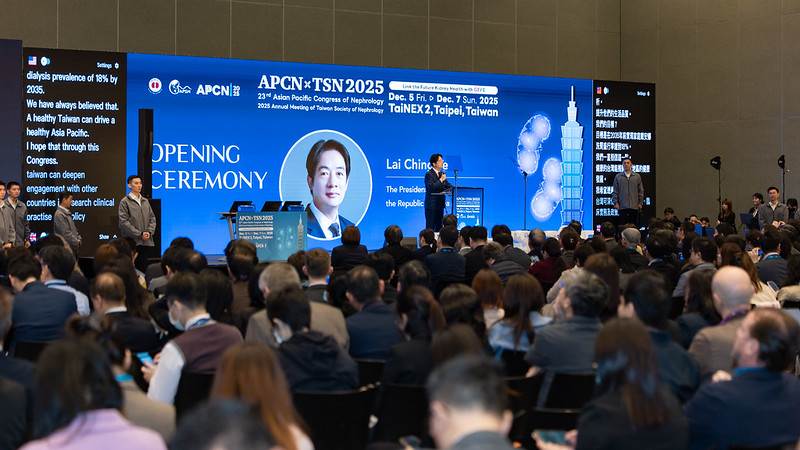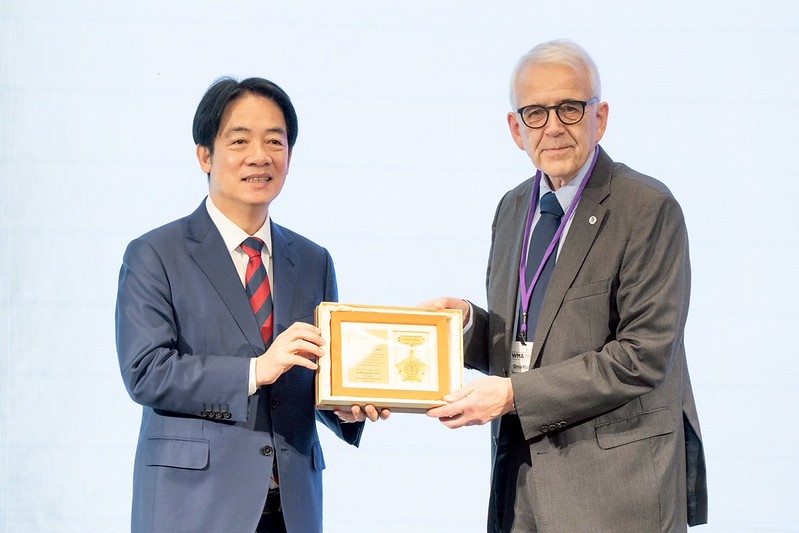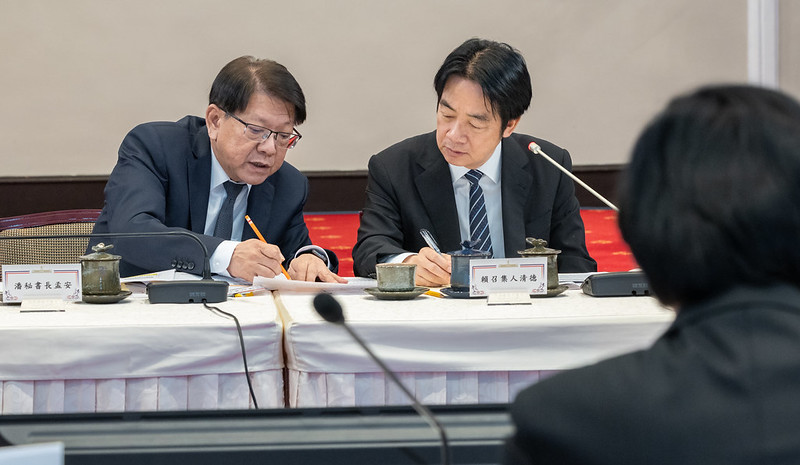News & activities
 News releases
News releases
President Tsai Ing-wen delivered a major speech via video before the Universal Health Coverage Forum held by the World Medical Association at 9 a.m. Geneva time (3 p.m. Taipei time) on Tuesday, May 22.
The following is a transcript of the president's speech:
First of all, I would like to express my sincere gratitude to you. Your support ensures Taiwan's professional and pragmatic participation in global health.
Universal health coverage was one of the goals set when negotiating SDGs in 2015, and is the theme of this year's World Health Assembly. Leaders of the world have promised to provide basic health services for everyone by 2030 to protect them from financial loss when being sick.
Over the past several years, we have heard thousands of times the term "universal health coverage", which has unquestionably become the single most powerful message and the most unifying keyword in global health. And I am happy to give you a real example of a program, which does cover everyone.
In order to provide healthcare for all, Taiwan implemented the National Health Insurance (NHI) in 1995. All nationals, regardless of gender, age, or wealth, are equally covered by the NHI since he or she was born. Moreover, as a matter of human rights and equal treatments, foreign workers or legal residents and those in jail are also covered under the big umbrella of the NHI, leaving no one behind.
The NHI premium accounts for less than 5% of the individual's monthly payroll and the total national healthcare expenditure is less than 7% of GDP. The benefits package is equal for every insured which includes all necessary medical services; so it is very comprehensive. The coverage encompasses from common colds to organ transplants. Hepatitis and HIV as targeted in SDGs are also included.
On top of all, the government adopted different measures to reduce health inequality seen in disadvantaged groups, such as premium subsidies for low-income households, near poor groups, the unemployed. We have also conducted projects to improve healthcare services in resource-scarce areas, and implemented integrated delivery system in remote areas for improving the healthcare services for the indigenous population. The approval rate of the public satisfaction survey reached above 85% recently.
Taiwan's healthcare system safeguards not only people's access to health care, but also ensures financial protection. Ever since the implementation of the NHI, no one gets broke because of the medical bills. For many developing countries, Taiwan's NHI is a good model to achieve universal health coverage. I believe our experiences can serve as a paradigm, and we are happy to contribute our share to the health and welfare of all people in the world.
Thank you very much for your kind patience and I wish a great success to this conference.








